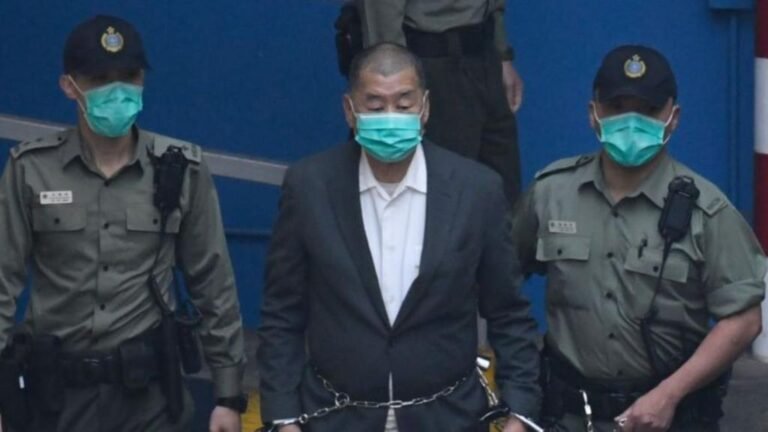
After talks in Jeddah, Saudi Arabia, warring factions in Sudan have agreed to a seven-day ceasefire, as confirmed by a joint statement from Washington and Riyadh. The conflict in Sudan, which has endured for six weeks, resulting in hundreds of deaths and over a million displaced individuals, prompted the need for this ceasefire.
The agreement was signed on Saturday and is set to take effect 48 hours later, precisely at 9:45 pm local time on Monday. The United States and Saudi Arabia, as sponsors of the talks, emphasized the importance of the ceasefire in their joint statement. Previous attempts at ceasefires had been violated, but this agreement will be backed by a monitoring mechanism supported by the United States, Saudi Arabia, and the international community. However, no specific details about the monitoring mechanism were provided in the statement.
The ceasefire agreement includes provisions for distributing humanitarian assistance, restoring essential services, and withdrawing forces from hospitals and other vital public facilities. US Secretary of State Antony Blinken called for an end to the violence and urged both sides to uphold the agreement, emphasizing the global scrutiny of the situation.
The conflict in Sudan has involved clashes between the Sudanese army and the paramilitary Rapid Support Forces (RSF), leading to chaos in the country. The violence has resulted in shortages of food, cash, and essential supplies. Additionally, widespread looting has occurred, targeting banks, embassies, aid warehouses, and even churches.
The ceasefire is expected to freeze the conflict, allowing the warring sides to maintain their current positions. As per reports from Al Jazeera’s Hiba Morgan in Omdurman, the Rapid Support Forces will retain control over the presidential palace, while the army will maintain control of its headquarters at the General Command of the Armed Forces. The RSF will also maintain greater control over the airport facilities. However, there remains scepticism among the Sudanese people, who are in dire need of humanitarian assistance. They are hesitant to trust the ceasefire until they witness a tangible improvement in their daily lives, such as the absence of artillery sounds and the arrival of humanitarian aid.
Meanwhile, residents of Omdurman and Khartoum North, which lie across the Nile from Khartoum, reported heavy air raids. Witnesses noted that some attacks occurred near the state broadcaster in Omdurman. Sanaa Hassan, a resident of the al-Salha neighbourhood in Omdurman, described the terrifying experience of heavy artillery fire, causing widespread fear and panic.
The RSF, embedded within residential districts, has become a target of continual air attacks by the regular armed forces. In Khartoum, the situation was relatively calm, although sporadic gunshots could still be heard.
The conflict, which began on April 15, has resulted in a significant loss of life, with at least 705 people killed and 5,287 wounded, according to the World Health Organization. Additionally, 1.1 million people have been internally displaced or forced to seek refuge in neighbouring countries. Recent days have seen renewed ground fighting in the Darfur region, particularly in Nyala and Zalenjei. Both sides have accused each other of instigating the fighting in Nyala, which had experienced relative calm due to a locally-brokered truce.
The conflict in Sudan stemmed from disputes over plans to integrate the RSF into the army as part of an internationally-backed deal to transition Sudan toward democracy. Former President Omar al-Bashir, who seized power in a coup in 1989, had ruled the country for decades, leading to a history of conflict-ridden governance.
For More Updates, join our WhatsApp Group and Telegram Channel






